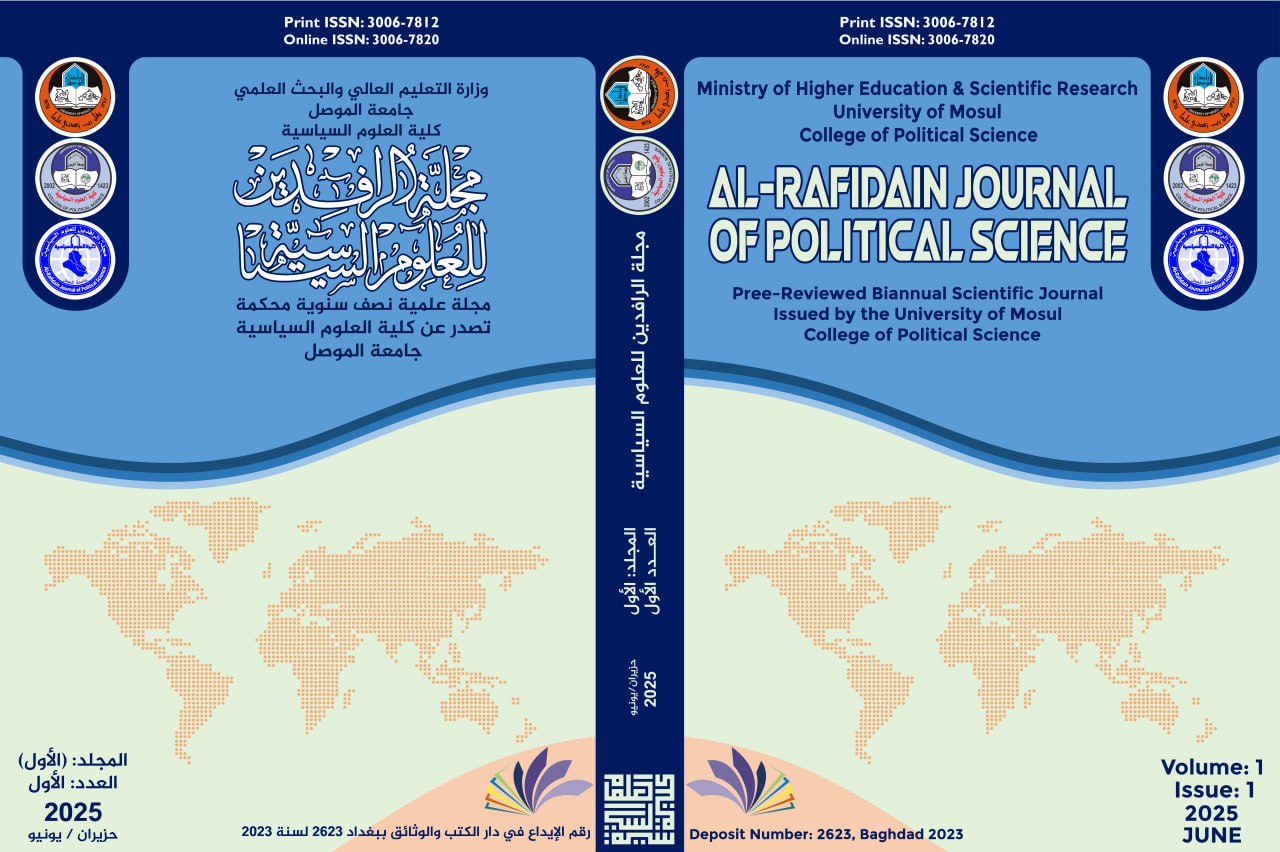The Theoretical Frameworks Illustrating International Alliances and National Interest
Abstract
This research delves into the theoretical frameworks elucidating the nexus between international alliances and national interest within the literature of international relations, employing a comparative review of Realist, Liberal, and Constructivist perspectives. Realism interprets alliances as rational responses to an anarchic and threat-laden international environment, wherein national interest is defined through the lens of power and security considerations. Conversely, Liberalism views alliances as instruments for achieving cooperative gains within an institutional framework, while Constructivism links alliance behavior to identities and social norms that shape a state's perception of its national interest. This study aims to evaluate the explanatory power of these theories in accounting for alliances in light of evolving patterns of national interests and the external conduct of states.





